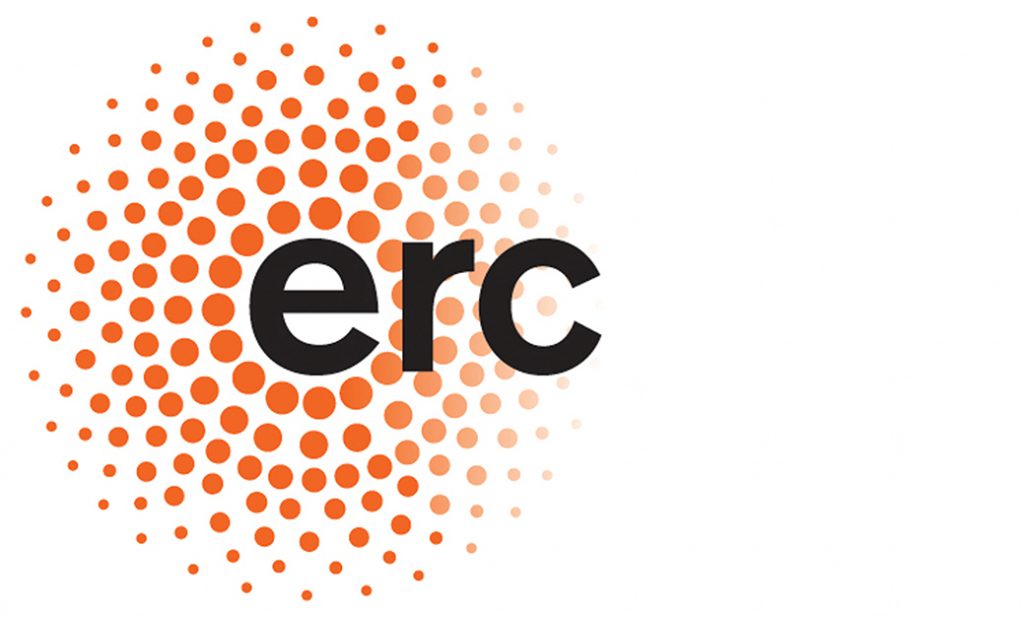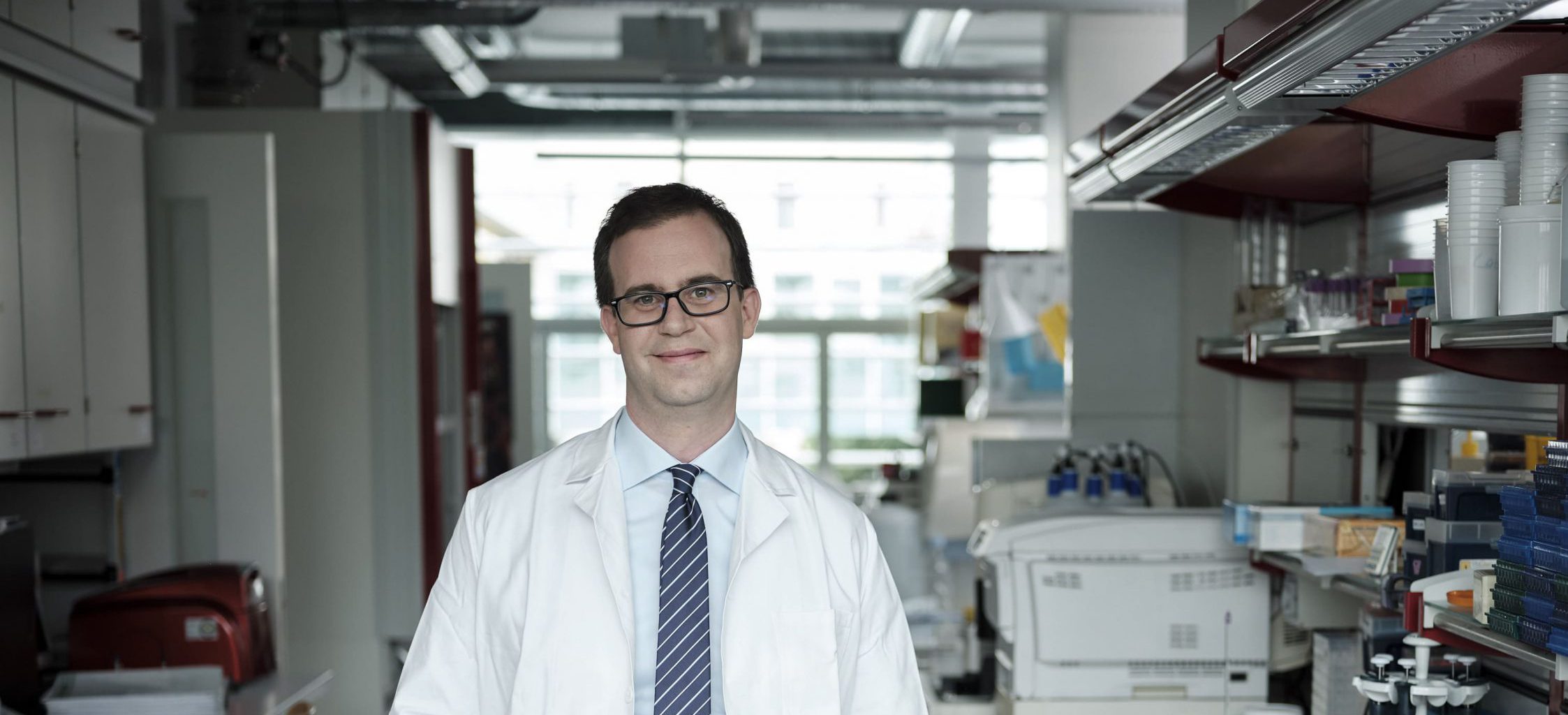Background
Dysregulation of the immune system can lead to an increased susceptibility to infections, autoimmune manifestations and cancer. While research on immunodeficiencies has so far been primarily focused on the susceptibility to pathogens, the fact that a dysregulated immune system can also lead to malignancy has been largely neglected until recently.
Our Research
We want to uncover the molecular processes underlying IEIs in order to decipher the highly complex signaling pathways of the human body that are relevant for immunodeficiencies and cancer susceptibility. The investigations of these fundamental mechanisms have an enormous impact on how we understand the development of malignancies. We study the interplay of genes and pathways that play a role in malignant and immune system disorders to enhance our molecular understanding of these diseases.
In close collaboration with several other groups at the institute and the St. Anna Children’s Hospital next door, we aim to translate the molecular understanding of childhood cancer (predisposition) to specific pathway modulations for the identification of targeted treatment approaches for pediatric cancer patients. We study patients suffering from inherited defects of the immune systems, so-called inborn errors of immunity (IEI), formerly known as primary immunodeficiencies, as (mono)genetic diseases provide unique opportunities to unravel genotype to phenotype relationships and to elucidate the pathogenic mechanisms of immune system disorders and their interaction with malignancy.
We utilize state-of-the art genomic approaches including exome sequencing of patient samples to identify causative genetic mutations, combined with a variety of functional assays to:
- Gain a systematic understanding of the molecular basis of human immune (dys)regulation including autoimmunity and childhood cancer predisposition
- Elucidate genetics and molecular pathophysiology of rare inborn errors of immunity and to decipher molecular targets for the development of personalized treatment options for immune deficiencies
- Identify molecular targets through an institute-wide pediatric precision oncology program for tailored treatment of childhood cancer which may be resistant to standard therapeutic protocols
The provision of highly specialised treatment and care for patients with rare diseases and complex clinical manifestations such as childhood cancer is still a challenge. Our investigations aim to improve our understanding of the molecular architecture of the immune system and its linkage with malignancy with the ultimate goal to improve the wellbeing of patients by developing targeted therapies and personalized medicine approaches.
Projects and Funding

- Charting key molecules and mechanisms of human immune Dysregulation (iDysChart)
CCRI responsible Principal Investigator and Awardee: Kaan Boztug
H2020 – ERC Consolidator Grant, Grant Agreement ID – 820074
Duration 01/06/2019 to 31/05/2025

- Integrated and standardized NGS workflows for Personalised therapy (INSTAND-NGS4P)
CCRI responsible Principal Investigators: Ruth Ladenstein and Kaan Boztug
Coordinator: Kurt Zatloukal (Medical University Graz)
H2020 – Innovation Procurement, Grant Agreement ID – 874719
Duration: 01/01/2020 to 31/05/2025 - European Rare Diseases Reseach Alliance (ERDERA)
CCRI responsible Principal Investigator: Kaan Boztug
Horizon Europe, Grant Agreement N°101156595
Duration: 01/09/2024 to 31/08/2027

- Lost in translation
CCRI responsible Principal Investigator: Kaan Boztug
Grant from the Austrian Science Fund (FWF), Stand-Alone Project, ID – P 36548
Duration 01/02/2023 – 31/01/2026 - Linking ex-vivo chemosensitivity, treatment and pathway activations for a deeper understanding of pediatric AML (ExTrAct-AML)
CCRI responsible Principal Investigators: Kaan Boztug, Michael N. Dworzak
Grant from the Austrian Science Fund (FWF), Clinical Research Project (KLIF), ID – KLI 1056-B
Duration: 01/10/2022 to 30/09/2025
Selected Articles
About Kaan Boztug
Univ.-Prof. Dr. med. Kaan Boztug, born in Eregli/Turkey, studied Medicine in Düsseldorf, Freiburg and London. In 2011, he joined the CeMM Research Center for Molecular Medicine of the Austrian Academy of Sciences in Vienna as Principal Investigator, establishing his own research group. He is a physician and Professor of Pediatrics and Inflammation Research at the Department of Pediatrics and Adolescent Medicine at the Medical University Vienna. He is a Consultant in Pediatric Hematology/Oncology & Head of Pediatric Immunology at the St. Anna Children’s Hospital, has headed the Vienna Center for Rare and Undiagnosed Diseases (CeRUD) since 2014, and has been the Director of the Ludwig Boltzmann Institute for Rare and Undiagnosed Diseases since 2016. From March 2019 to January 2025, he was Scientific Director of the St. Anna Children’s Cancer Research Institute.











